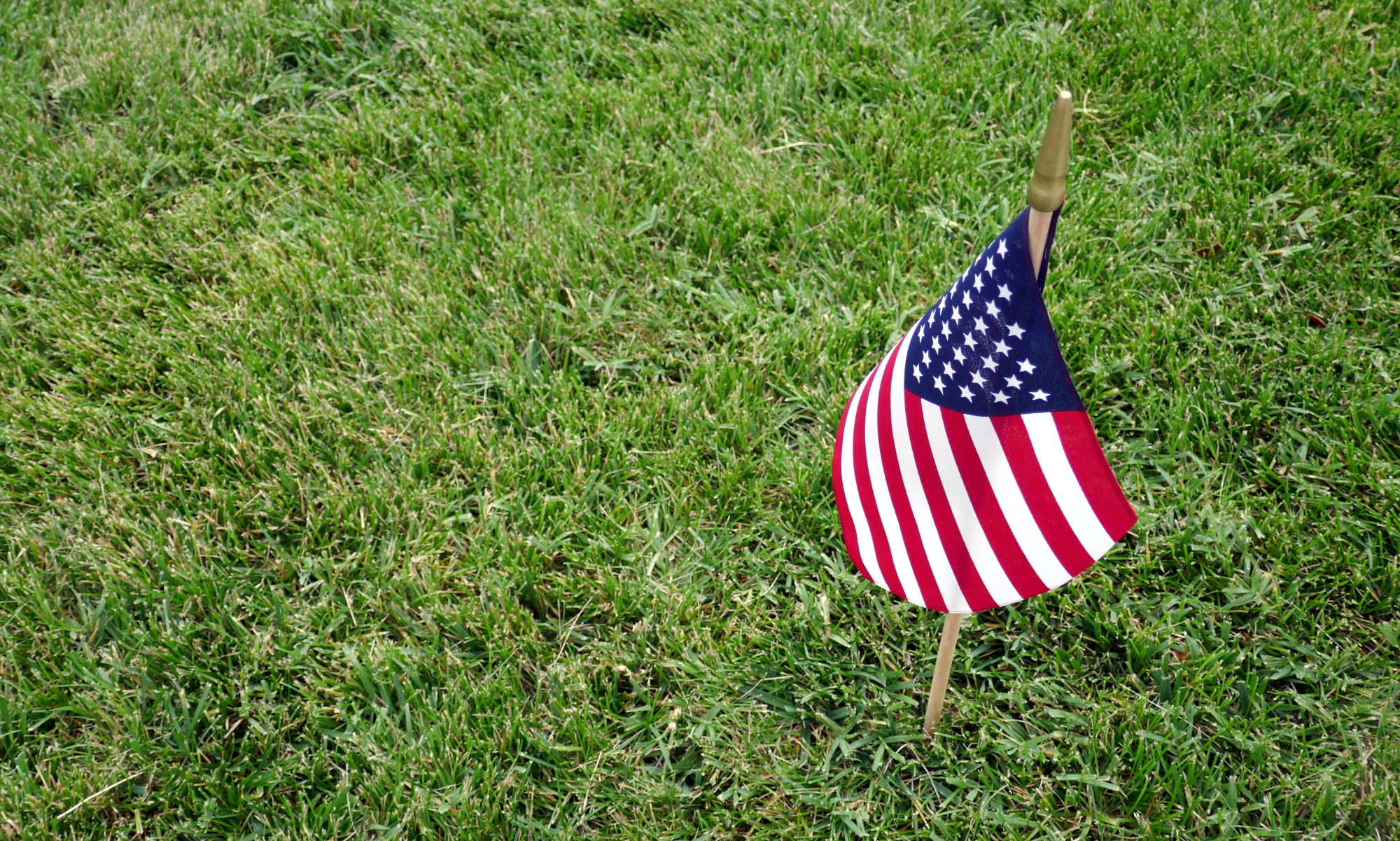by Jonathan Krall
All my life, I was was told that racism is caused by terrible people called racists. The label “racist” is so toxic that, among white people, simply raising the issue invites censure. However, as all protesters know, silence = complicity. By identifying racism as systemic, current scholarship on racism offers a way forward. This approach recognizes that racism is so pervasively systemic that it is in the very air we breathe. Scholar Ibram X. Kendi shows us that racist images, racist ideas, and racist messages “are constantly being rained on your head.” How can we not get wet? This scholarship has the power to give us a common understanding of the specific cultural force, racial prejudice plus power, that is racism. With a common understanding, we can see that we are in this together, that we are both infected and affected.
My current views were informed by an undoing racism workshop, hosted by OAR. The two-day workshop (highly recommended) defines racism as racial prejudice plus power. This is a significant shift in thinking. The idea that racism is caused by evil racists is revealed to be nonsense. Yes, toxic white nationalists exist, but they are not in power. They didn’t invent the Republican “southern strategy,” the Democratic “tough on crime” policies, the bipartisan gang databases, the for-profit prisons, etc., etc., etc.
In White Fragility, a book recommended at the workshop, Robin DiAngelo argues that racism is held in place, in part, by white people who avoid talking about racism. That includes me. I haven’t been complicit in racism and keeping quiet about racism because I am evil, but because I was born into a profoundly racist society. In Waking Up White, a book passed along to me by one of my siblings, Debby Irving describes her process of self-examination and her efforts to come to terms with her own complicity. I recognize many of her experiences as my own.
So now what? As I come to terms with my role in the system, what do I do? On a personal level, I can approach people in a spirit of shared values and ask that, together, we both educate ourselves and look for opportunities to undo the systemic forces that, as Irving says, everywhere provide tailwinds for white people and impose headwinds on everyone else. It helps that conversations about race are interesting conversations. Further, I can forgive myself. I didn’t ask for white privilege and cannot give it away. However, I can no longer forgive myself if I remain complicit.
And after this? I don’t know. But at least I have made a start.


Great article, Jon! I’m glad you read Debby Irving’s book. I’m also involved with OAR, but it’s Organization for Autism Research.
The undoing is the tricky part, but so crucial to effect any kind of timely change.